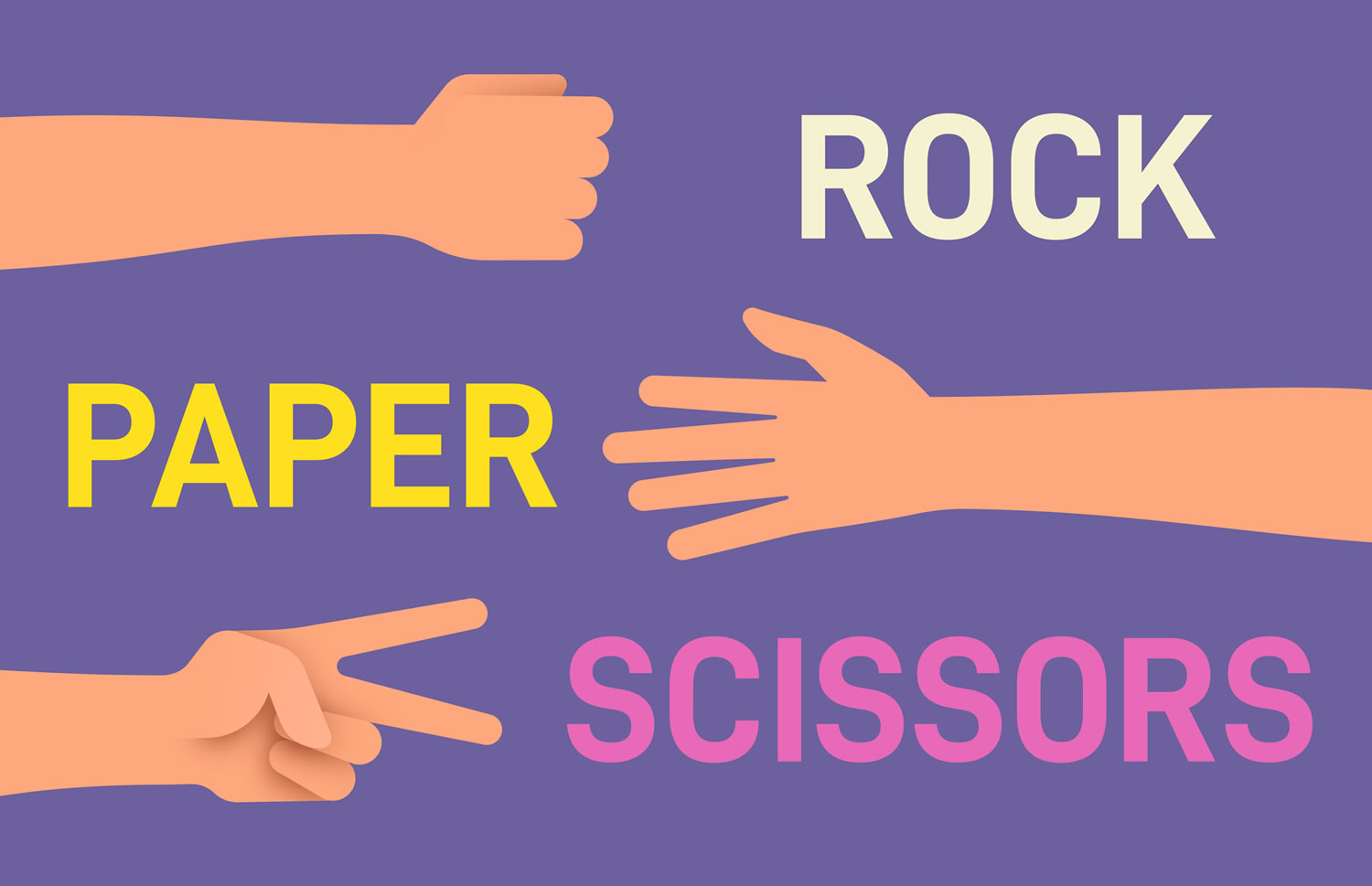The best parenting style for kids
Published on Wednesday, 17 November 2021
Last updated on Monday, 15 November 2021

‘Rock, Paper, Scissors’ is a fun game to play with your child, but when it comes to parenting styles, it’s ‘Rock, Paper, Tree’ you should be thinking about.
S.K.I.P uses these words to describe the three general parenting styles amongst mums, dads and other care-givers, so let’s see what The Rock, The Paper and The Tree approaches involve, and how you can take conscious steps to parent in the best way possible.
Are you a Rock, Paper or Tree parent?
Every person comes to parenting with their own experience of being parented, and whether you’re trying to mimic how you were raised, or chart a new course, S.K.I.P explains the three general parenting styles as follows:
- The Rock is an authoritarian approach, which means it’s hard and inflexible, with a focus on strict rules, obedience and punishment. Children’s emotional needs and independence take a backseat, and although Rock parents might be using ‘tough love’ to try and set their child up for success, too much of this parenting style can negatively affect kids’ self-esteem, independence, confidence and parental relationships going forward.
- The Paper is a permissive parenting style, which involves parents giving in to their children’s demands to ‘keep the peace,’ and rescuing them from life’s difficulties.Also known as ‘helicopter parenting,’ this approach is intended to create a cheerful, trouble-free childhood, but it may actually impact a kid’s ability to manage frustration, confidently make decisions, take responsibility, and feel secure and independent.
- The Tree is an authoritative parenting style that’s firm and fair, and it involves parents setting limits ahead of time and adhering to them, but also listening to their kids’ views, responding to their needs, and adjusting things as needed.
S.K.I.P explains that ‘Tree’ parents, ‘Set clear expectation, have reasonable and related consequences, and praise good behaviour,’ and this all pays off, because ‘Tree’ kids are more likely to grow up to be self-motivated, respectful of others, have good self-esteem, and be clear about what they want and how to achieve it.
You’ll have guessed that ‘Tree’ parenting is what we should be aiming for in the most part.
Although most of us use a combination of all three parenting styles (e.g. we might be more Rock-like when stressed, and more Paper-like when tired), the experts say a middle-ground approach is best for kids, with consistency and flexibility (aka a solid trunk and boughs that bend).
How can you be a Tree parent?
Every day brings opportunities to guide, nurture and engage your child, and S.K.I.P suggests that you do these 10 things to be firm and fair in the hours you have together:
- Give your child lots of positive attention and affection (e.g. smiles, kisses and cuddles).
- On a daily basis, try to do something with your kid that they enjoy (e.g. kicking a ball or ‘baking’ play dough biscuits).
- ‘Catch’ your child being good, and give them plenty of praise (e.g. “It was great to see you sharing your blocks with Jai just then”).
- Agree on a small set of rules, and make sure you adhere to them (e.g. “No screens in the bedroom”).
- Give your child lots of warning, so they know what’s about to happen (e.g. “Three more slides, then we’re going home”).
- Have reasonable and related consequences when rules are broken (e.g. if your child hits their sibling, they have to play alone for a while).
- Remember that each child is different, so consider the individual things that challenge or upset your kids, if you have more than one (e.g. your daughter might find it hard to share her belongings, and your son might struggle with change).
- Behave how you want your child to behave. Role-model positive behaviour, instead of just talking about it (e.g. by showing good manners).
- Ask your child what they think and give them easy choices (e.g. “Which socks would you like to wear – green or blue?”).
- Follow a routine, but recognise that it won’t always work (e.g. expect that some days you’ll be late for child care drop-off, even though you have a morning routine).
What does your child need from you to help them grow into a happy, capable adult?
During childhood, S.K.I.P says kids need six things from parents to set them on a great path:
- Love and warmth
- Talking and listening
- Guidance and understanding
- A structured and secure world
- Consistency and consequences
- Limits and boundaries
These things tie in with the Tree parenting tips, and S.K.I.P explains that love and warmth, ‘Builds trust, positive self-esteem, and strengthens your relationship.’ Talking and listening makes your child feel ‘heard’ and builds their confidence. And rules keep things safe and fair for everyone in your family.
There’s more detail about children’s needs here, and it’s important to think about the kind of parent you want to be, and work with your partner (if you have one) and your child to set good rules and form great relationships.
After all, the seed doesn’t fall far from the tree, and there’s a lot you can do to raise your little one up and help them thrive as they grow.
Reference
Related Articles

6 Strategies for embracing the digitally empowered parent
Strategies for addressing the digitally empowered parent head on.

A spotlight on the Triple P – Positive Parenting Program
Triple P’s Jackie Riach explains how this internationally-acclaimed program supports parents with proven parenting strategies.
